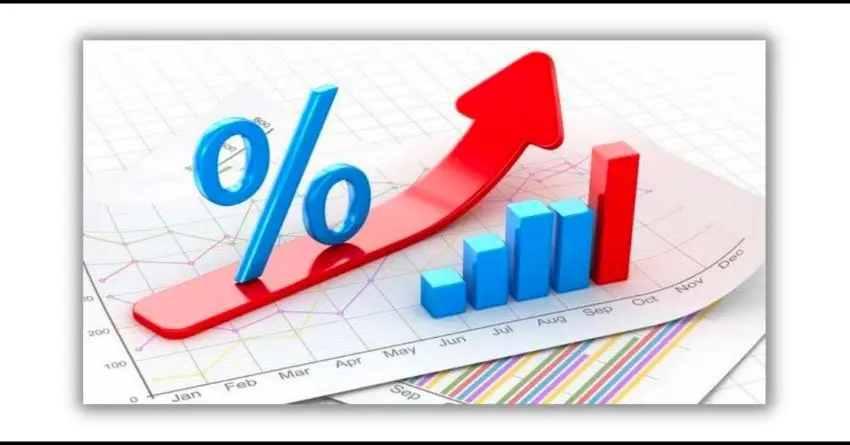The Reserve Bank of India raised the repo rate by 40 basis points recently, the first increase in almost four years. The surprising action by the central bank is intended to reduce the persistently strong inflationary pressure. The RBI hiked the repo rate from 4% to 4.40%, while the cash reserve ratio (CRR) was increased by 50 basis points to 4.50%.
The decision was made at a monetary policy committee (MPC) meeting with the central board on May 2-4. And the unexpected amendment has generated fears among automobile consumers and automakers about the impact on sales. The repo rate is the interest rate at which the Reserve Bank of India loans short-term cash to commercial banks. An increase in the repo rate makes borrowing more expensive for banks, causing them to be more cautious in how they use their cash.
The move, according to RBI Governor Shaktikanta Das, should be viewed as part of the central bank's declaration last month for the gradual withdrawal of cheap money from circulation. The RBI governor also highlighted geopolitical concerns, rising crude oil prices, and global commodity shortages as factors behind the rate rise, all of which have had an impact on the Indian economy.
The RBI's off-cycle move is likely to cause banks to raise interest rates on lending. Speaking of the repo rate hike, Vinkesh Gulati, President, Federation of Automobile Dealers' Association (FADA), stated, "The RBI's move to increase the repo rate by 40 bps has clearly taken everyone off guard. This move will curb excess liquidity in the system and will make auto loans expensive. "
At present, interest rates for auto loans typically vary between 7.4% and 8.3% across the banking industry, which might be amended to a maximum of 7.8% to 8.7% if commercial banks elect to pass on the whole cost to clients. Even observers believe that the impact of 40 bps on interest rates and EMIs would be minor. As a result, the overall volume expectation remains relatively unchanged.

